Search
Remove Ads
Advertisement
Search Results
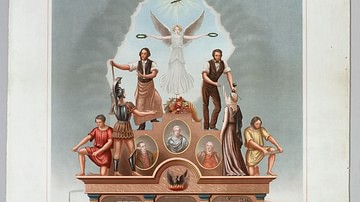
Article
Trade Unions in the British Industrial Revolution
Trade unions were formed in Britain during the Industrial Revolution (1760-1840) to protect workers from unnecessary risks using dangerous machines, unhealthy working conditions, and excessive hours of work. The trade union movement was vigorously...
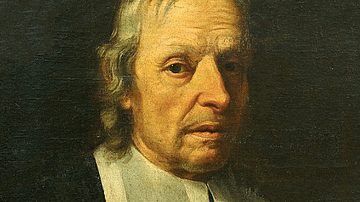
Definition
Marcello Malpighi
Marcello Malpighi (1628-1694) was an Italian scientist and physician famous for discovering the capillaries of the human circulatory system in 1661 and, as the greatest anatomist of the Scientific Revolution, founding the science of microscopic...

Definition
Civil Constitution of the Clergy
The Civil Constitution of the Clergy was a law passed in July 1790 during the French Revolution (1789-1799), which caused the immediate subordination of the Catholic Church in France to the French government. An attempt to modernize the Church...
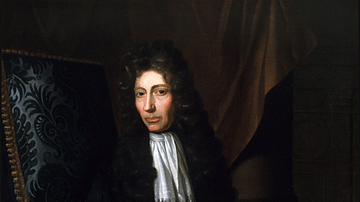
Definition
Robert Boyle
Robert Boyle (1627-1691) was an Anglo-Irish chemist, physicist, and experimental philosopher. Boyle was a prolific author, made significant experiments with air pumps, and presented the first litmus test. A founding member of the Royal Society...
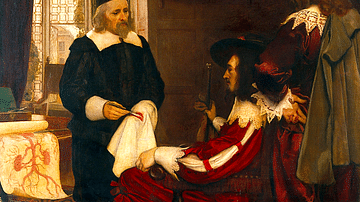
Article
William Harvey's Discovery of Blood Circulation
The human body's system of blood circulation was discovered by the English physician and anatomist William Harvey (1578-1657) in 1628. Harvey determined the relationship between the blood system of arteries and veins and the regular contractions...
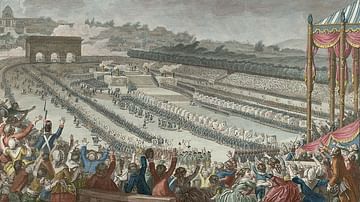
Definition
Festival of the Federation
The Festival of the Federation (Fête de la Fédération) was a celebration that occurred on the Champ de Mars outside Paris on 14 July 1790, the first anniversary of the Storming of the Bastille. With over 300,000 people in attendance, the...
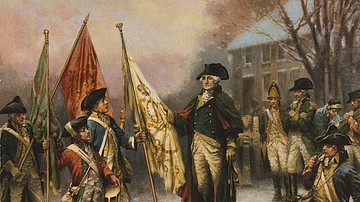
Collection
15 Military Leaders of the American Revolution
The American Revolutionary War (1775-1783) was intially a rebellion carried out by the Thirteen Colonies of British America against Great Britain, sparked by the issue of taxation without representation. It soon blossomed into a War of Independence...
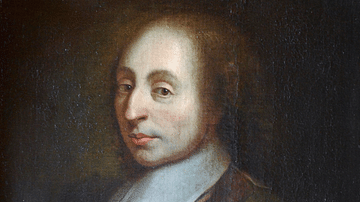
Definition
Blaise Pascal
Blaise Pascal (1623-1662) was a French scientist, mathematician, and philosopher whose work influenced both the Scientific Revolution and later European thought. Pascal is known for his practical achievements in science, such as a calculating...
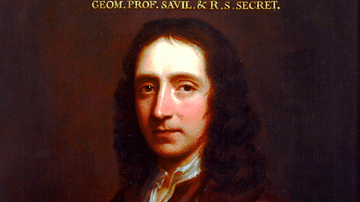
Definition
Edmond Halley
Edmond Halley (1656-1742) was an English astronomer, mathematician, and cartographer. Halley's Comet is named after him since he accurately predicted its return in 1758. One of the early globetrotting scientists, Halley led several maritime...
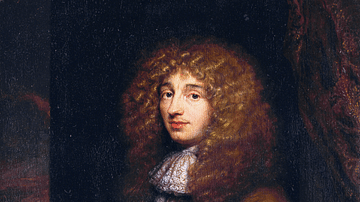
Definition
Christiaan Huygens
Christiaan Huygens (1629-1695) was a Dutch mathematician, physicist, and astronomer. A leading figure of the Scientific Revolution, Huygens combined research into mathematical-based theories, such as the movement of light waves, with practical...